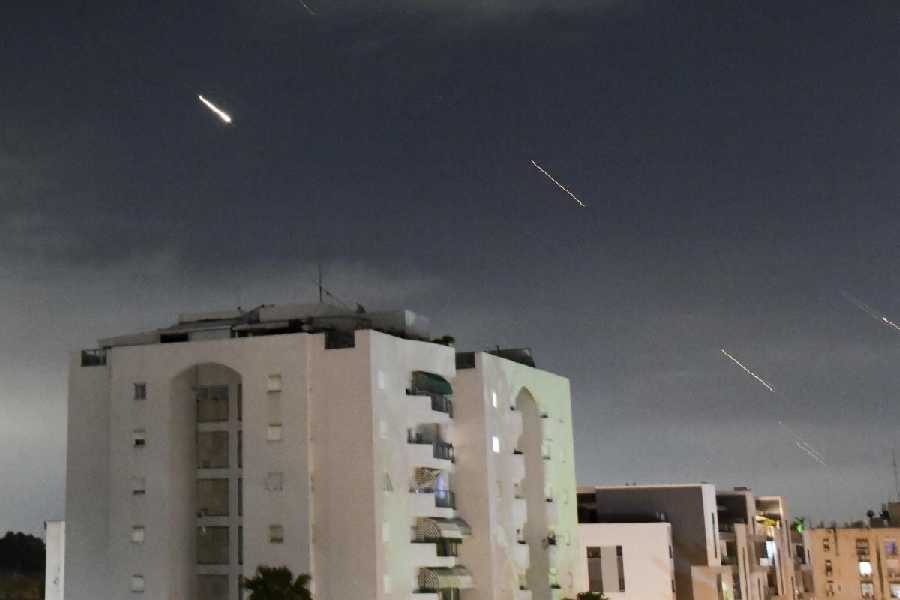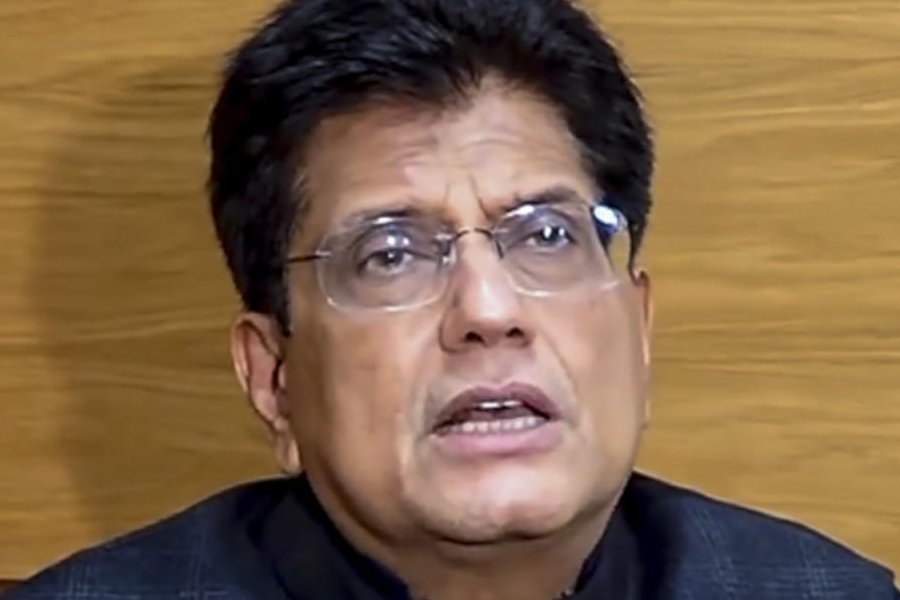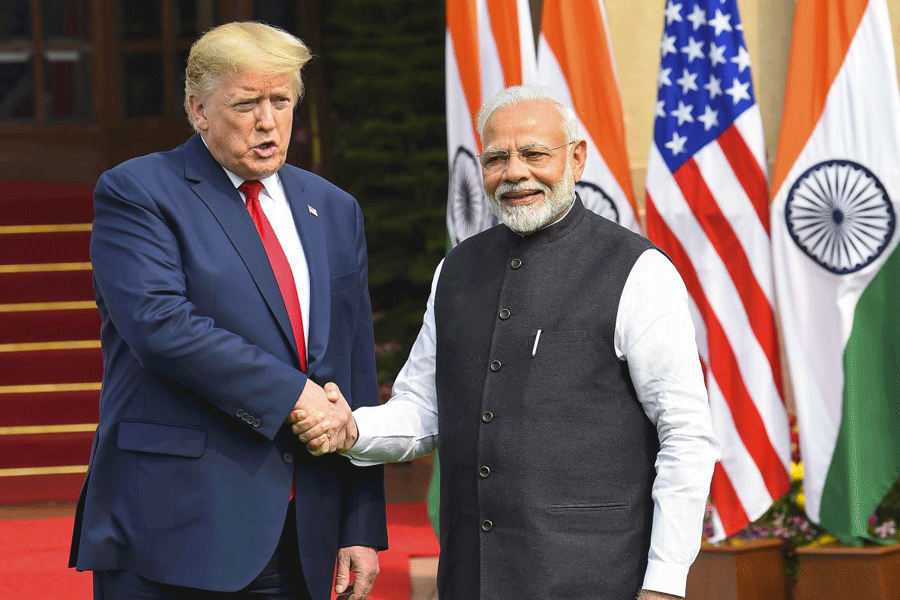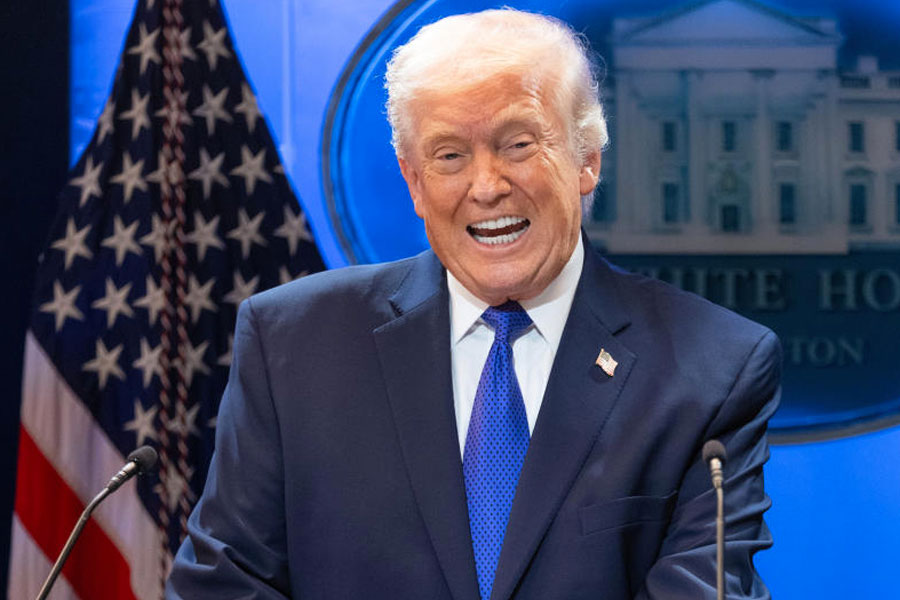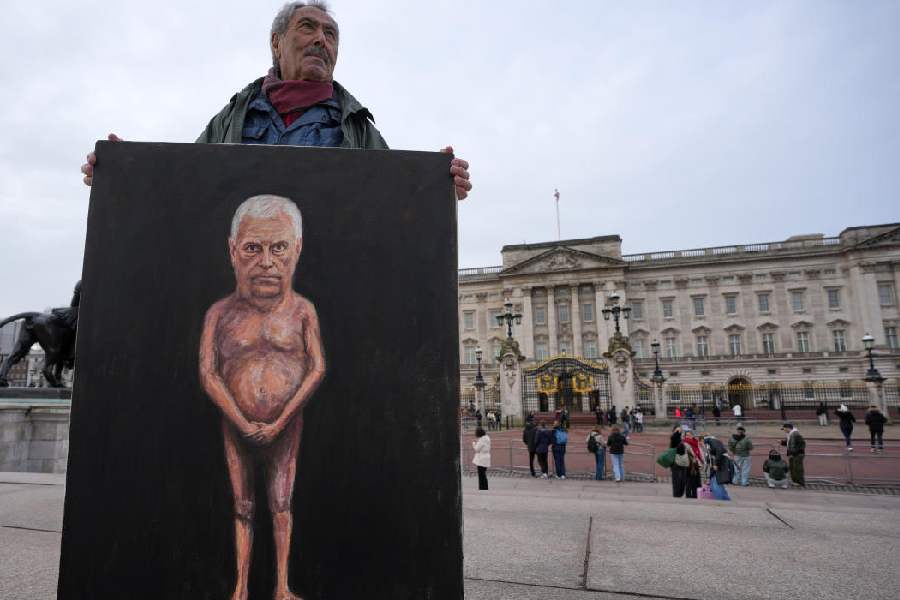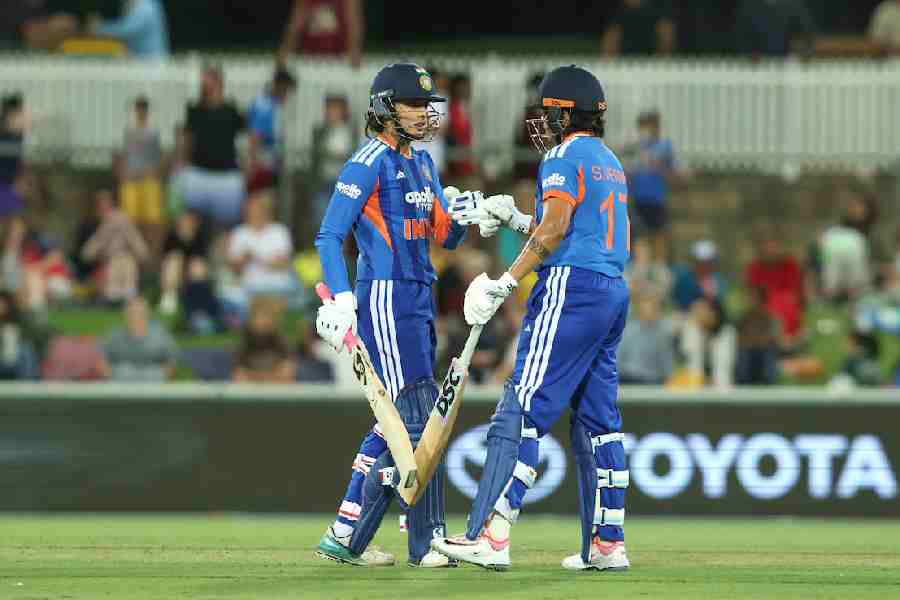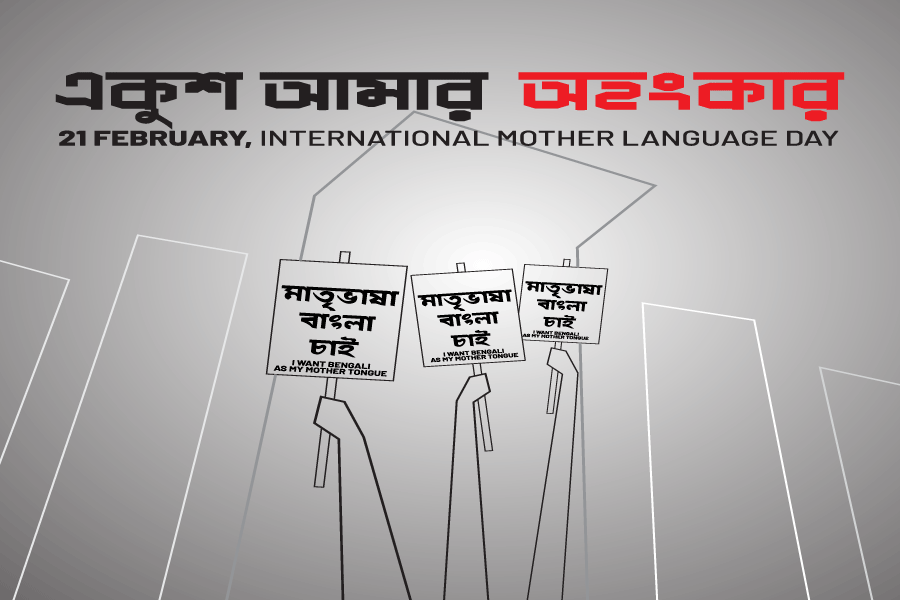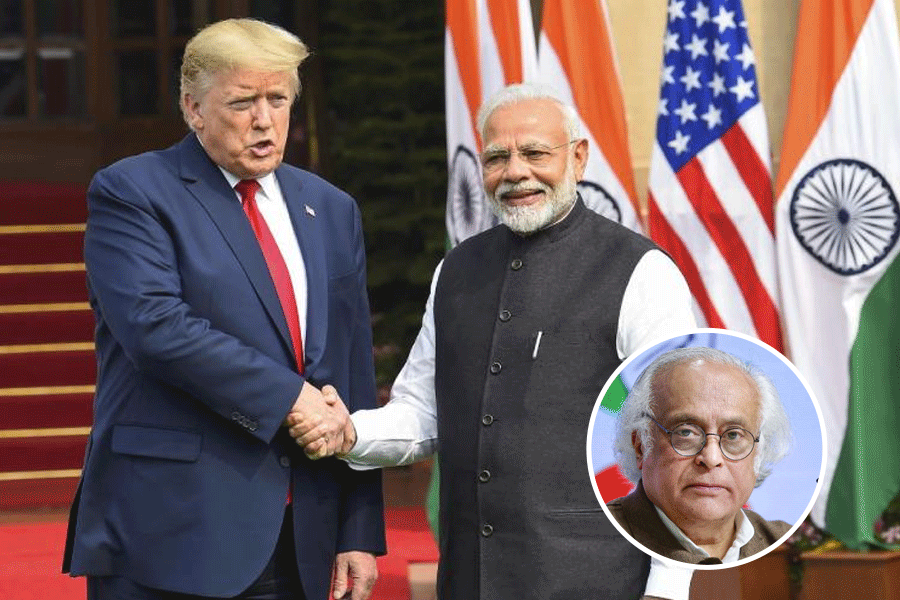It would be easy to be dazzled by the way Israeli, American and other allied militaries shot down virtually every Iranian drone, cruise missile and ballistic missile launched at Israel on Saturday and conclude that Iran had made its point — retaliating for Israel allegedly killing a top Iranian commander operating against Israel from Syria — and now we can call it a day.
That would be a dangerous misreading of what just happened and a huge geopolitical mistake by the West and the world at large.
There now needs to be a massive, sustained, global initiative to isolate Iran — not only to deter it from trying such an adventure again but also to give reason to Israel not to automatically retaliate militarily. That would be a grievous error, too. Iran has a regional network, and Israel needs a regional alliance, along with the U.S., to deter it over the long run.
So there must be major diplomatic and economic consequences for Iran, with countries like China finally stepping up: When Tehran fired all those drones and missiles, it could not know that virtually all of them would be intercepted. Some were shot down over Jerusalem. A missile could have hit Al-Aqsa Mosque, one of Islam’s holiest shrines. (You can see pictures online of Iranian rockets being intercepted in the skies right over the mosque.) Another could have hit the Israeli parliament or a high-rise apartment house, causing massive casualties.
In other words, we are talking about an escalation without precedent in the long-running, tightly contained, shadow war between Iran and Israel that had almost exclusively been limited to targeted Israeli strikes against Iran’s Revolutionary Guard units in Lebanon and Syria — where they have no business being in the first place — and Iran retaliating by having its Lebanese proxy militia, Hezbollah, fire rockets at Israel. We’ve also seen Iran smuggling arms and explosives from Syria into Jordan, the Gaza Strip and the West Bank to be used to kill Israelis and destabilise Jordan — and the Mossad assassinating a nuclear scientist inside Iran.
Israel has never launched such a massive missile strike directly at Iran, and Iran had never done so to Israel, either, before this. Indeed, no country had attacked Israel directly since Saddam Hussein’s Iraq did with Scud missiles 33 years ago. Without a U.S.-led global initiative to impose sanctions on Iran and further isolate it on the world stage, Iran’s behaviour would be tacitly normalised, in which case Israel will most likely retaliate in kind, and we’re on our way to a major Middle East war and $250-a-barrel oil.
“The alternative to a wider full-scale regional war, which we don’t want and Israel doesn’t want, cannot be a return to the status quo ante,” said Nader Mousavizadeh, founder and CEO of geopolitical consulting firm Macro Advisory Partners and a senior adviser to Kofi Annan when he was the U.N. secretary-general. A global effort to isolate Iran, Mousavizadeh added, “is the best way to separate the regime from its people, reassure Israel and Israelis of their security and remove the need for further regional military escalation, which would be a gift to Iran and its proxies."
It is also the best way to ensure that Prime Minister Benjamin Netanyahu of Israel does not drag the United States into a regional war to shore up his own crumbling political base.
It is impossible to exaggerate the political-military implications of what just happened. Shortly after the missile strike, President Ebrahim Raisi of Iran issued a statement declaring that the Revolutionary Guard had “taught a lesson to the Zionist enemy.” It sure did, but it may not be the one Raisi thinks.
Iran just unwittingly revealed to the whole world that Iran’s government is so penetrated by Western espionage agencies (because so many Iranians hate their own government) that President Joe Biden was able to predict almost the exact hour of attack over a day in advance, and it showed the whole world that Israel and its Western allies have far superior antimissile capabilities than Iran has missile capabilities.
As Haaretz veteran military correspondent Amos Harel wrote Sunday: We are talking about “an unprecedented achievement in the history of Israel’s wars — albeit with some help from friends — that largely takes away the main card held by Iran and the axis: drones and missiles. The impressive Arrow system interceptions have garnered most of the attention, but Israeli and American pilots downed hundreds of cruise missiles and drones.”
One has to assume that Iran and its proxies have to be both disappointed and unnerved by this turn of events. As Harel added: “The Iranian intention, as evaluated ahead of the attack, was to put on a display of its capabilities with an attack on military targets. An analysis of the areas in which warnings were sounded suggests the target could have been the Nevatim air base in southern Israel. It appears that the Iranians planned to destroy the base and the advanced F-35 fighter jets stationed there, which are the crown jewel of American aid to Israel. Iran failed completely.”
Instead, the Iranian attack may have been limited to badly wounding a 7-year-old Israeli Muslim Bedouin girl hit by falling shrapnel. And if that’s how effective Iran’s offense was, its leaders have to now be wondering how good its defenses are — if Israel now chooses to retaliate. Hezbollah has to be asking the same.That may explain why Raisi, after his boast about teaching Israel a lesson, asked (pleaded?) that the U.S. and all other “supporters of the occupying regime … appreciate this responsible and proportionate action by the Islamic Republic of Iran” and not go on the offensive against Iran. Message to the world from Tehran: We were just sending a little warning shot; nothing to worry about here; let’s move on.
That is not only because Raisi is worried about his external front. Early this month, Haaretz reported that “Iranian soccer fans in Tehran’s Aryamehr Stadium were asked to observe a minute of silence in honor of the seven members of Iran’s elite Revolutionary Guards, including top general Mohammad Reza Zahedi, who were killed in (the Israeli) airstrike on its consulate in Damascus. Instead, spectators began booing and blowing air horns in an apparent act of protest. In a video circulating on social media, fans can be seen loudly interrupting the moment of silence. … In one video that made the rounds on X, fans can be seen shouting, ‘Take that Palestinian flag and shove it up your ass!’” And this is not the first time it’s happened at football matches.
Many Iranians understand that the regime’s obsession with destroying the Jewish state is nothing but a costly way to divert the Iranian public’s attention from its murderous crackdown at home against its own people. As this soccer match story indicates, people are growing less afraid to say so in public — especially after the regime has killed an estimated 750 women, girls and men since a nationwide protest uprising started Sept. 16, 2022, after the death of a young Kurdish woman, Mahsa Amini, in the custody of Iran’s morality police. Thousands more have been arrested.
One reason Iran supports the Hamas war and prefers that Israel remain stuck in Gaza and occupying the West Bank is that it keeps the world and many Americans focused on Israeli actions — rather than on the brutal crackdown against democracy protesters in Iran and on Iran’s imperialist influence in the region, where it uses proxies to control the politics of Lebanon, Syria, Iraq and Yemen and uses those countries as military bases to attack Israel.
No one should think Iran is just a paper tiger. Tehran can still unleash thousands of shorter-range rockets against Israel through Hezbollah — and because some of these rockets have precision guidance, they could do significant damage to Israel’s infrastructure. Iran has bigger missiles in its arsenal, as well.
Still, what happened Saturday is ultimately a significant boost for what I call the Inclusion Network in the Middle East (more open, connected countries like Jordan, Saudi Arabia, Bahrain, the United Arab Emirates, Egypt and Israel and the NATO allies) and a real setback for the Resistance Network (the closed and autocratic systems represented by Iran, Hamas, Hezbollah, the Houthis and Iran’s Shiite militias in Iraq) and Russia. The sound within Iran and the Resistance Network on Sunday morning is that sound you hear from your car’s GPS after a wrong turn: “Recalculating, recalculating, recalculating.”
The New York Times News Service

